Shutterstock
Dogs have an extraordinary sense of smell, far superior to anything humans can comprehend. While humans have around six million olfactory receptors, dogs are equipped with up to 300 million, giving them a sense of smell that’s 40 times more powerful than ours. This incredible ability allows dogs to detect scents and environmental changes that are completely undetectable to us. From identifying subtle emotional shifts to detecting illnesses, a dog’s nose can sense an entire world that remains off our radar, making them nature’s ultimate sniffing machines.
Changes in Human Emotions
 Shutterstock
Shutterstock
Dogs are experts at picking up on our emotions, and much of this ability comes from their powerful noses. When we experience different feelings, our bodies release subtle chemical changes, such as pheromones and hormones. Dogs can smell these changes, so they often know when we’re happy, sad, or anxious before we even say a word. This ability makes them fantastic emotional support animals and loyal companions who seem to understand us on a deeper level.
Cancer
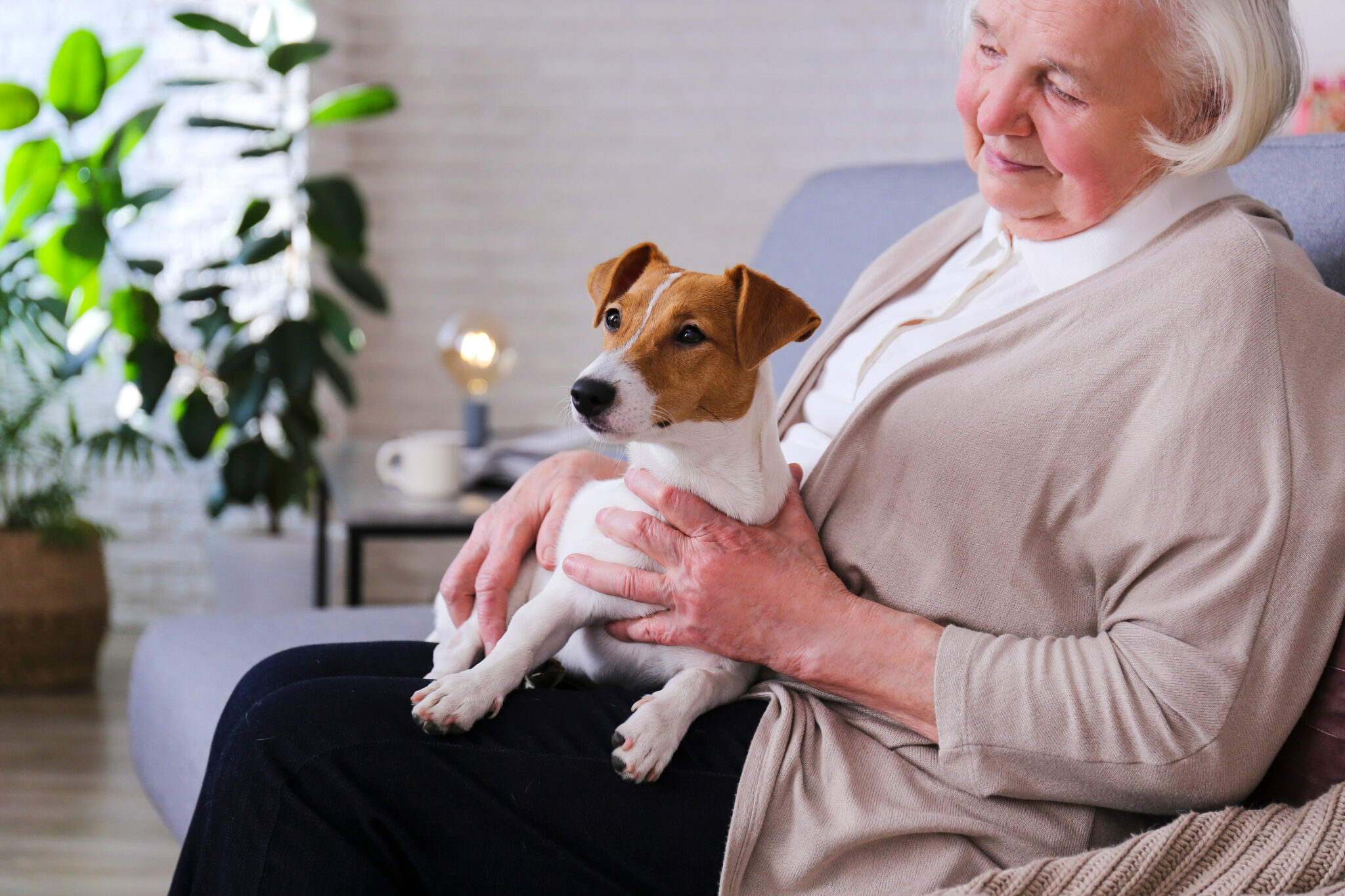 Shutterstock
Shutterstock
One of the most extraordinary things dogs can smell is cancer. Studies have shown that dogs can detect certain types of cancer, such as lung, breast, and prostate, through their sense of smell. Tumor cells release specific compounds that dogs can identify, even at the earliest stages of the disease. This unique skill has led to dogs being trained as medical detection dogs, helping with early diagnoses and potentially saving lives.
Low Blood Sugar
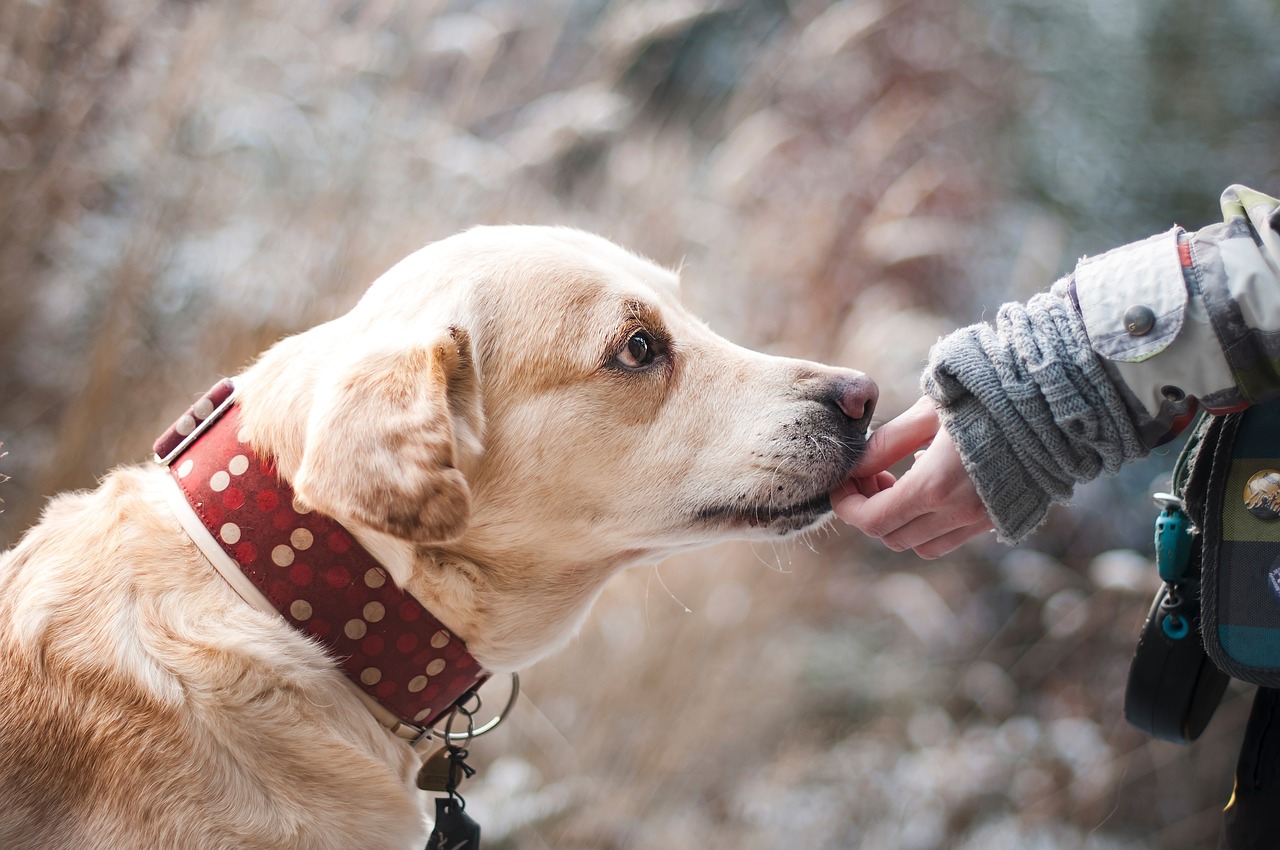 Shutterstock
Shutterstock
Dogs can also smell when a person’s blood sugar levels drop, making them life-saving companions for people with diabetes. When blood sugar levels fluctuate, the body emits chemicals that dogs can detect, allowing them to alert their owners before a dangerous situation occurs. This ability has led to the rise of diabetic alert dogs, trained to notify their humans of low or high blood sugar levels, helping to manage the condition more effectively.
Seizures Before They Happen
 Shutterstock
Shutterstock
Some dogs have the remarkable ability to smell seizures before they happen. Although scientists are still studying how they do this, dogs are believed to detect changes in the body’s scent or electrical activity before a seizure occurs. This gives people with epilepsy a heads-up to take precautionary measures or get to a safe place before a seizure strikes, showcasing how a dog’s sense of smell can provide an extra layer of protection.
Pregnancy
 Shutterstock
Shutterstock
Suppose you’ve noticed a dog paying extra attention to a pregnant woman. In that case, it’s not just because they want to cuddle—dogs can actually smell the hormonal changes that occur during pregnancy. They pick up on the increase in certain hormones like progesterone and estrogen, which signal that something is different. This sensitivity makes dogs especially attentive and protective during pregnancy, and they often sense the changes before the woman herself even knows.
Stress
 Shutterstock
Shutterstock
Ever wonder why your dog seems to cuddle up to you when you’re stressed? It’s not just about comfort—dogs can actually smell stress. When stressed, our bodies release a unique scent that dogs can detect. Cortisol, often called the stress hormone, has a distinct odor that our canine companions pick up on, making them excellent emotional support animals in times of need. Their ability to sense and react to stress is one of the reasons dogs are often used as therapy animals.
Illnesses Like Malaria
 Shutterstock
Shutterstock
Beyond their well-known ability to detect cancer, dogs have shown promise in detecting other illnesses like malaria. Research has shown that dogs can smell the presence of malaria parasites in a person’s body, even in cases where traditional diagnostic methods struggle. This makes dogs valuable assets in early detection efforts for diseases that can otherwise be challenging to diagnose. It’s another example of how dogs’ noses may one day revolutionize medical diagnostics.
Fear
 Shutterstock
Shutterstock
Dogs can literally smell fear. When humans are scared or anxious, we produce sweat and release specific hormones that dogs can easily detect. This is why your dog might act protectively or even become nervous when they sense fear in you or others around them. They pick up on those subtle chemical cues, making them attuned to the emotions and well-being of those they care about.
Time
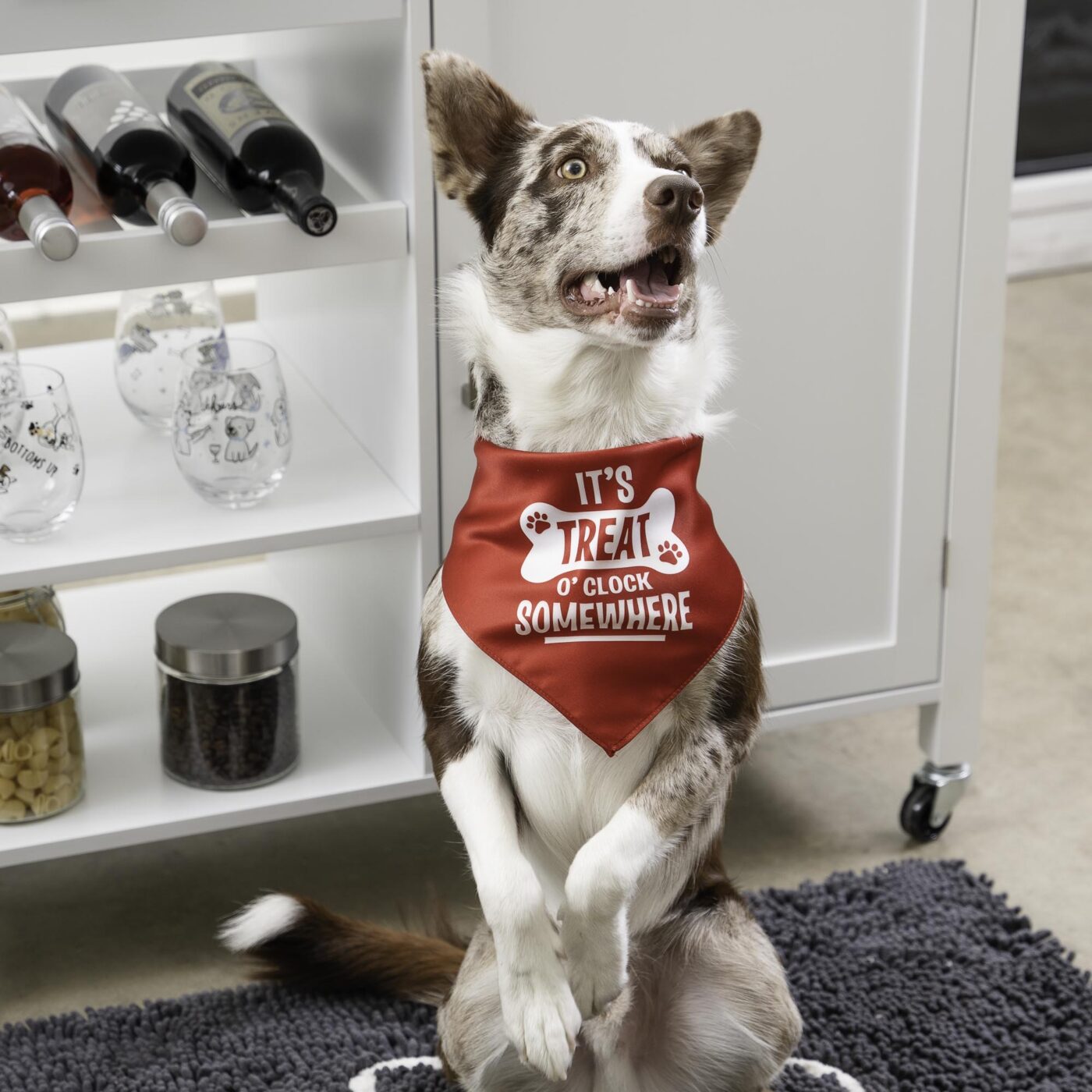 Shutterstock
Shutterstock
It might sound strange, but dogs can actually smell time—or at least, they can sense the passage of time through their incredible olfactory skills. Dogs pick up on these shifts as scents fade and change throughout the day. This is why your dog always knows when it’s time for dinner, or you’re about to come home. They can detect the changes in scent that correspond to different times of day, helping them keep track of time in a way that’s totally off our radar.
Dead Cells
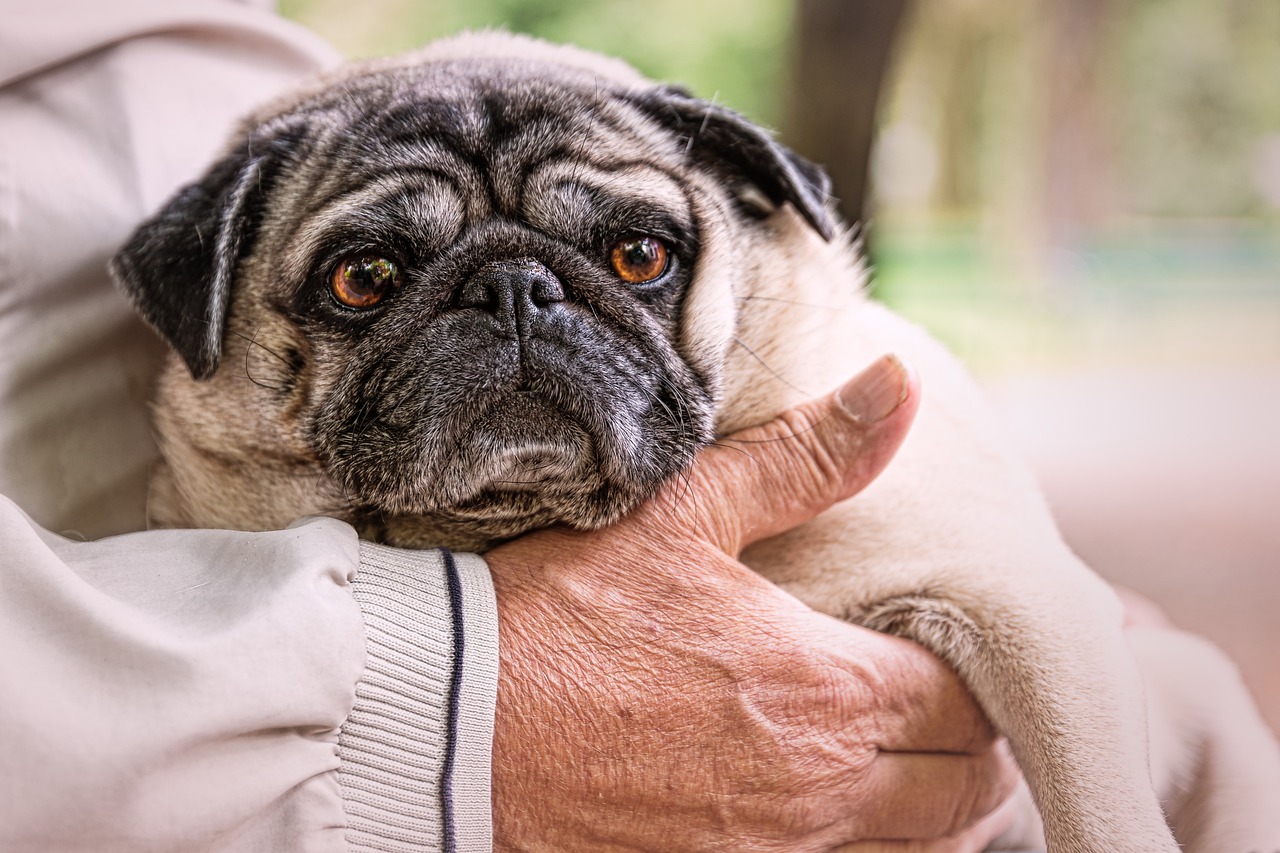 Shutterstock
Shutterstock
Dogs can detect dead cells in our bodies, which might sound a bit eerie, but it’s one of the ways they can sense illness or injury before we do. When cells in the body die, they release specific odors that dogs can pick up on. This ability allows dogs to notice health issues like infections, injuries, or even the early stages of disease long before visible symptoms appear.
Bed Bugs
 Shutterstock
Shutterstock
One of the more practical talents of a dog’s nose is their ability to sniff out bed bugs. Bed bugs emit a distinct scent that dogs can detect, even when the tiny pests hide deep in furniture or walls. Some dogs are trained specifically to identify bed bugs in homes, hotels, and other spaces, making them invaluable in pest control. Their noses are so accurate that they can often pinpoint the exact location of the infestation.
Earthquakes
 Shutterstock
Shutterstock
It’s been reported that dogs can sense earthquakes before they happen. While this might seem like a canine superpower, it’s likely related to their keen sense of smell and ability to detect changes in the environment. Dogs can smell changes in the air, gases released from the earth, and even vibrations that are undetectable to humans. This allows them to anticipate seismic activity, often exhibiting unusual behavior just before an earthquake strikes.
Fire
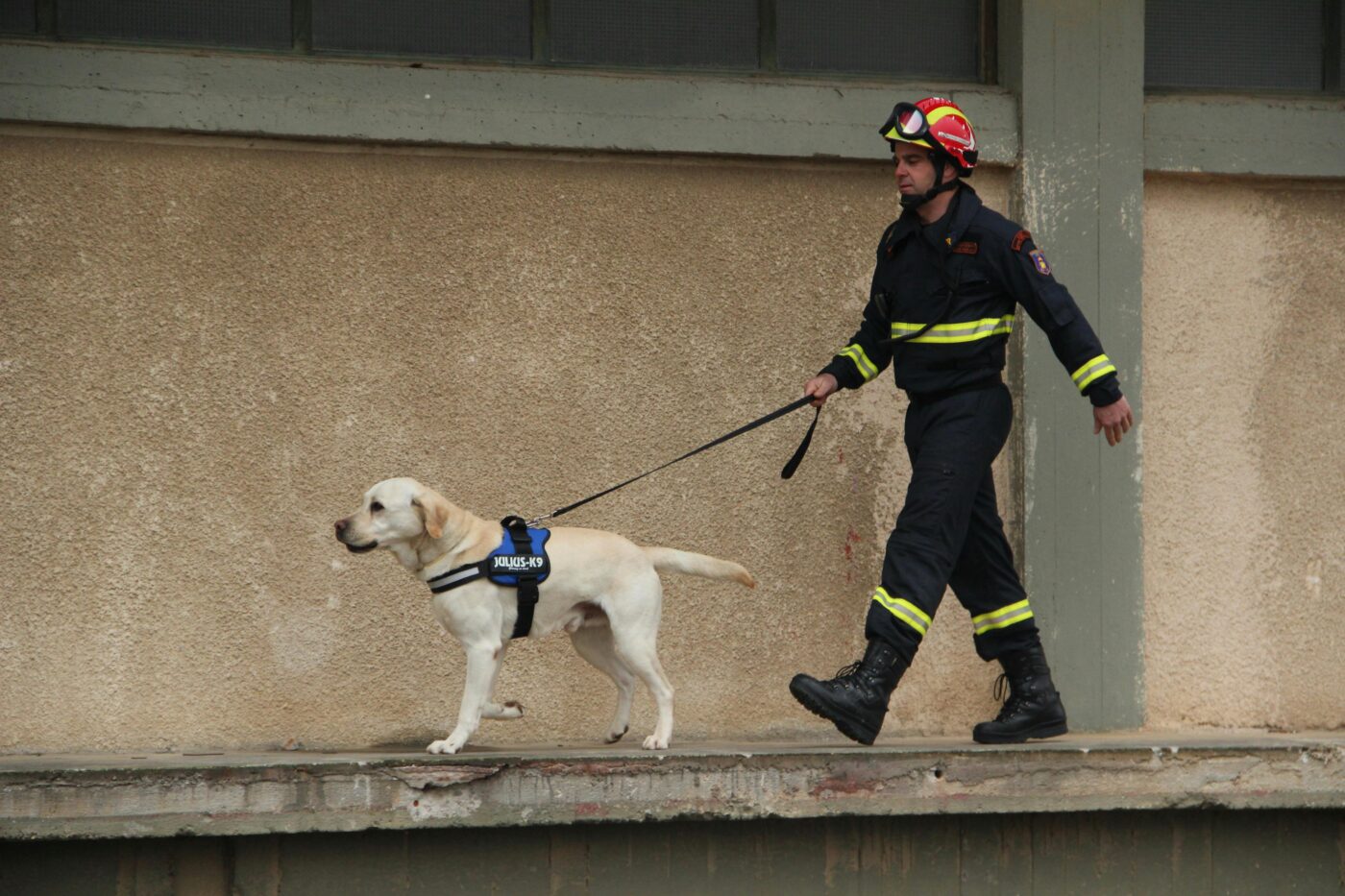 Shutterstock
Shutterstock
Dogs have an exceptional ability to detect the smell of smoke or burning materials long before humans can. This makes them excellent partners for firefighters and rescue teams. Some dogs are specifically trained to sniff out accelerants used in arson cases, helping investigators determine the cause of fires. In everyday life, many dogs have alerted their families to fires, giving them precious time to escape danger and proving that a dog’s nose can be a life-saving tool.
Hidden Objects
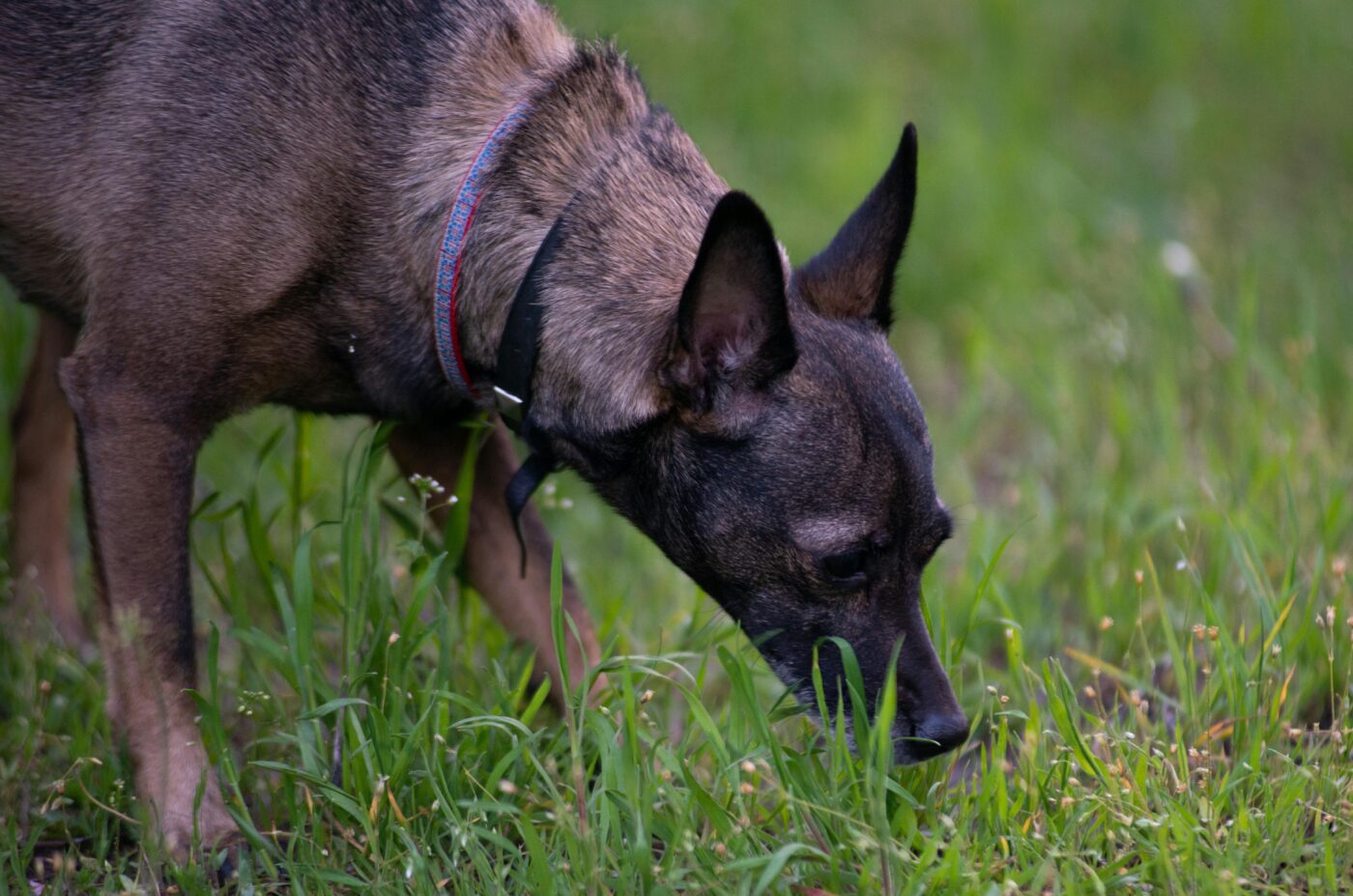 Shutterstock
Shutterstock
Whether it’s a buried bone or a lost set of keys, dogs can find hidden objects. Their noses are so sensitive that they can detect objects buried underground, hidden in walls, or concealed behind furniture. This talent is why dogs are often used in search and rescue missions, where they help locate people trapped in rubble or missing in remote areas. Their ability to find things through smell is extraordinary and often goes beyond what we think possible.
Human Identifiers
 Shutterstock
Shutterstock
Dogs can even smell the unique chemical compounds that distinguish each human’s scent. That’s why dogs can easily recognize their owners from a distance, even if they can’t see them. They can also distinguish between family members and strangers based solely on scent. This ability is one of the reasons dogs make excellent search and rescue animals, as they can identify specific individuals in large crowds or track down lost persons based on scent alone.
The Nose Knows: How Dogs Outsniff Us in Every Way
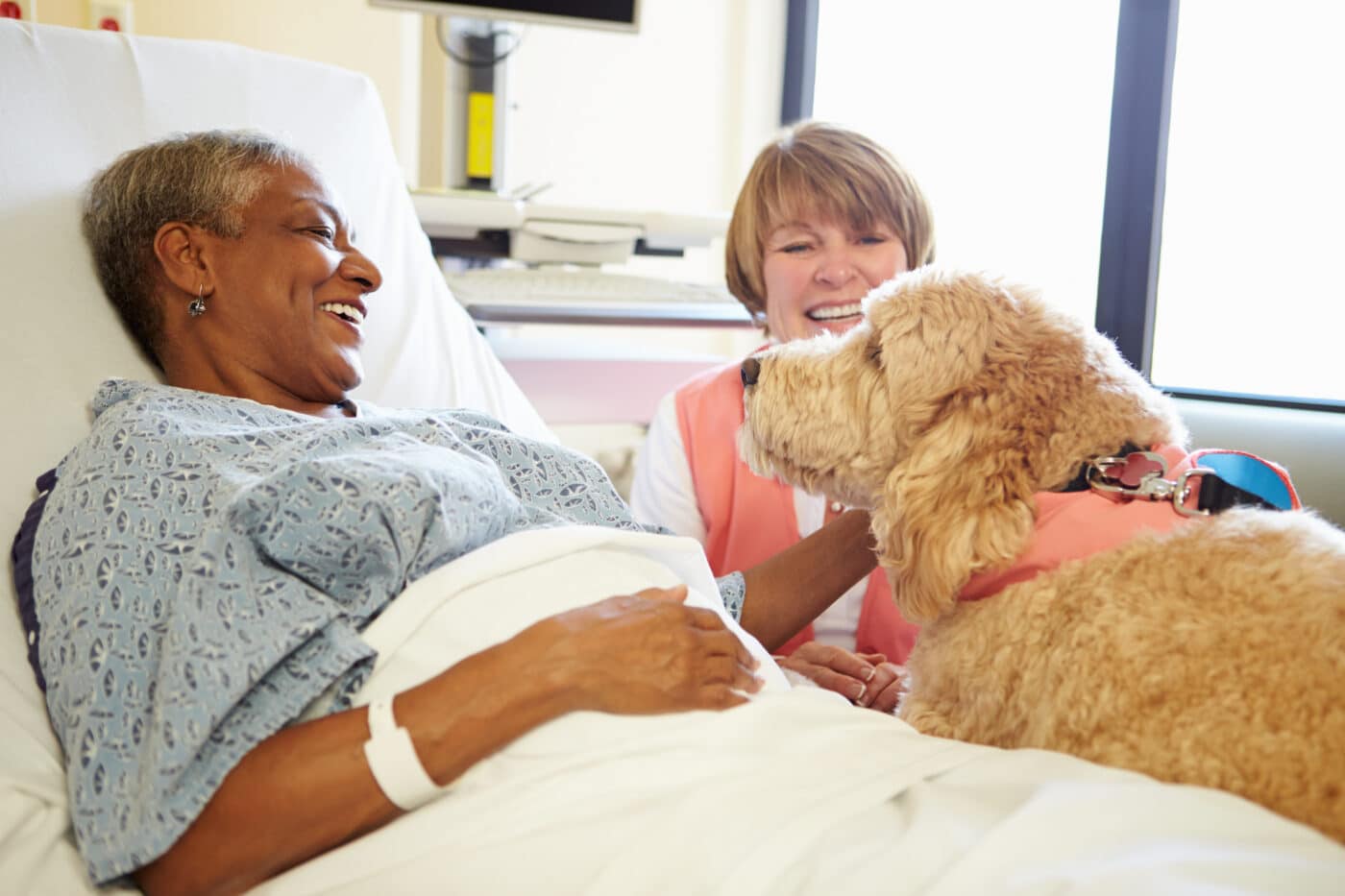 Shutterstock
Shutterstock
While humans may think we have a decent sense of smell, dogs are lightyears ahead of us. Their noses can detect things that are completely off our radar. The next time your dog gives you a curious sniff, remember—they’re picking up on things you can’t even begin to imagine. Whether they’re sensing danger, detecting emotional changes, or figuring out exactly when you’re due home, your dog’s nose is like a superpower we can all appreciate. Their extraordinary sniffing abilities make them truly remarkable companions!






